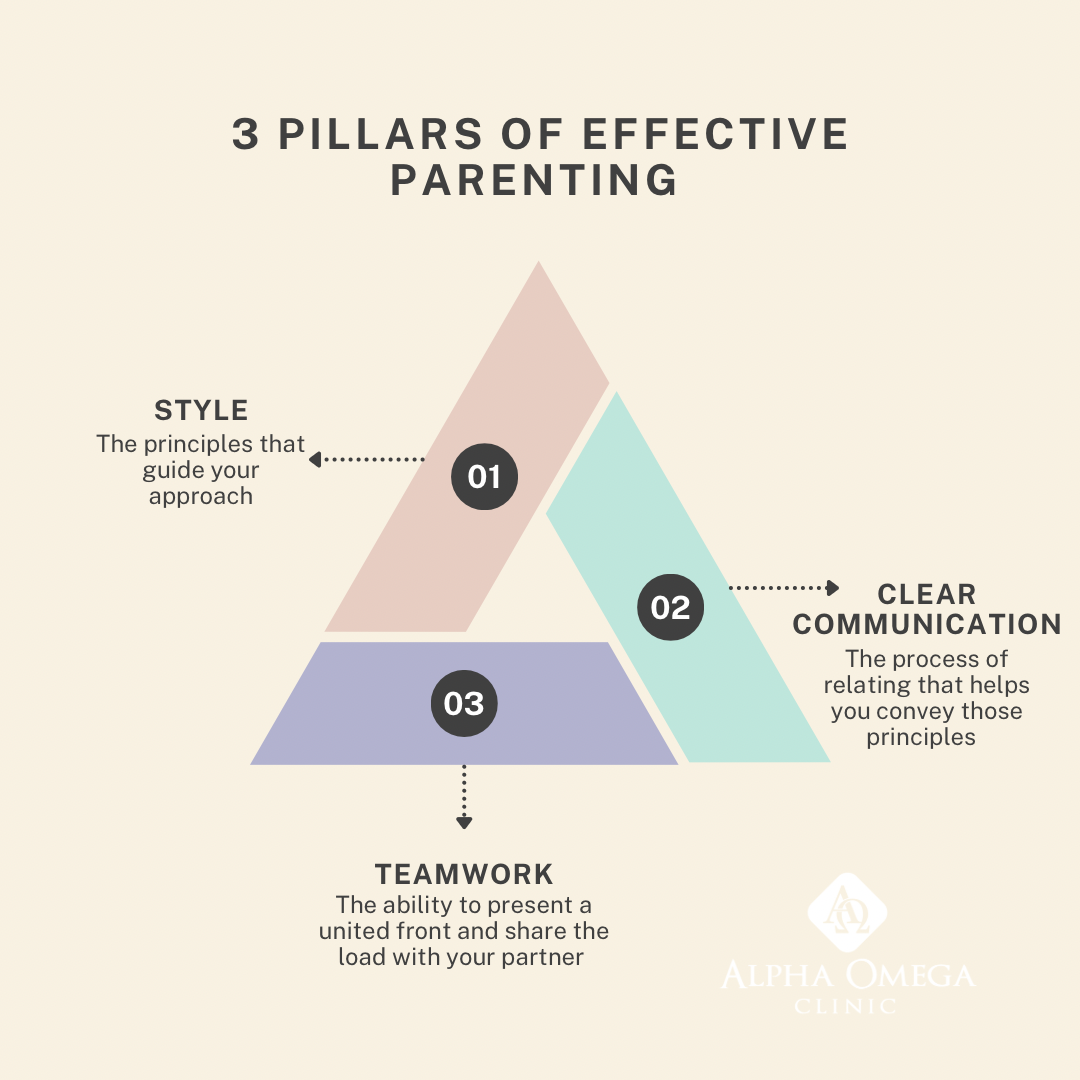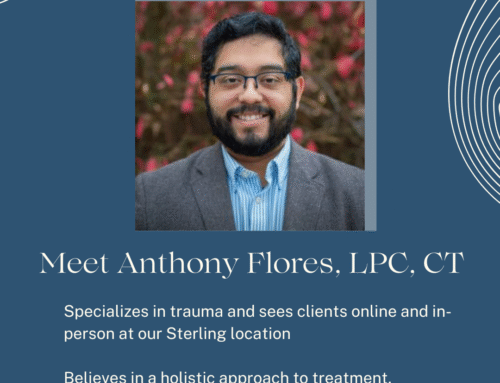Parenting is tough. Plain. And. Simple.
None of us had perfect parents and even good parents can leave us with an incomplete set of skills in our parenting toolbox. Being intentional about how we parent can help fill in the gaps, especially when we have a roadmap.
Parenting Style: what is your approach to parenting? The myriad of parenting guides and advice out there can leave your head spinning so let’s keep it simple. Research suggests that the best approach to parenting is based on creating a secure attachment with our children. The positive benefits associated with secure attachment are too numerous to list but are well documented. Becoming a “secure base” for our children supports their natural development, decreases the chances of them developing mental health conditions, and helps them become fully functioning adults.
Clear Communication: does what you say match what you do? It’s true that generally, we should have rules that are easily enforceable and consistently applied. These rules should be developmentally appropriate and flexible as children grow. “Scream Free Parenting” by Hal Runkel, “Good Inside” by Dr. Becky Kennedy, and “The Connected Parent” by Dr. Karyn Purcis are all excellent resources. How we communicate (tone, body language, responsiveness, etc) has a much bigger impact than what we say. These resources can help you fine tune your process.
Teamwork: do you and your partner agree and use the same style and communication? If not, do you fight about it in front of the children? It’s so important to be a united front because this creates stability within the family. It’s not always possible to agree on everything but committing to working through this together can also create that unity.
These three pillars are similar and equally important. They need constant upkeep and attention. Healthy parenting strives to keep all three balanced and equal in importance.
Want more ways to receive this content? Follow us on Instagram or Facebook or subscribe to our e-newsletter.
* The information provided is for self-enrichment and not intended to replace any necessary mental health treatment.
Warmly,
Jonathan Dixon, LMFT
Alpha Omega Team





